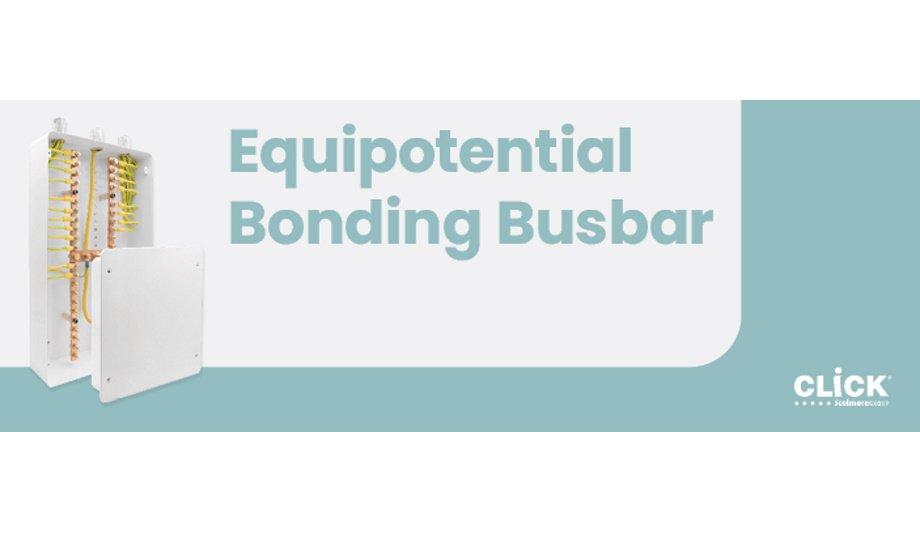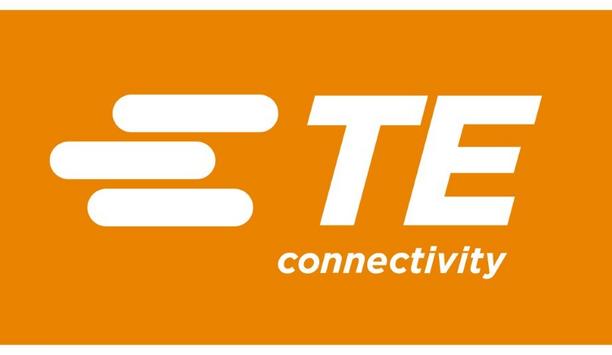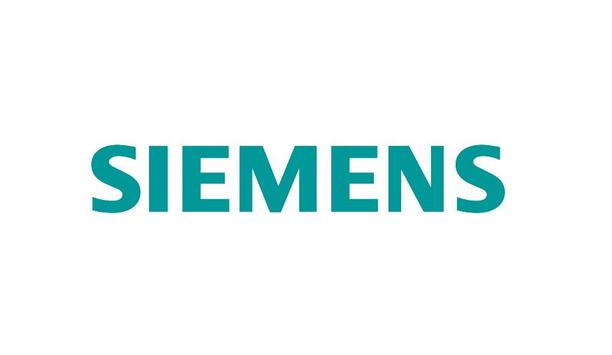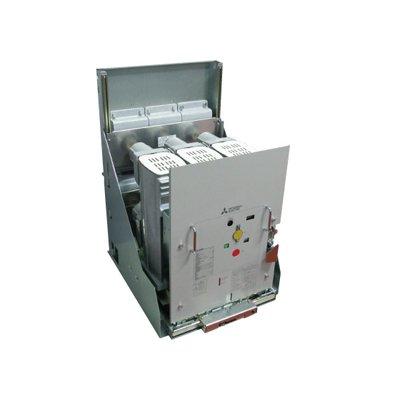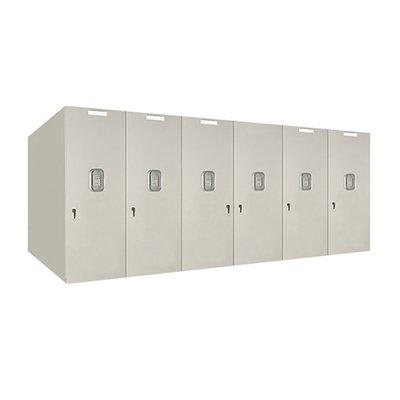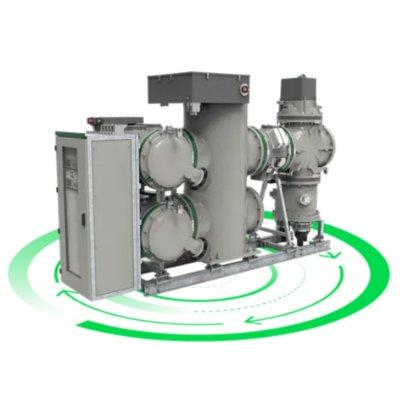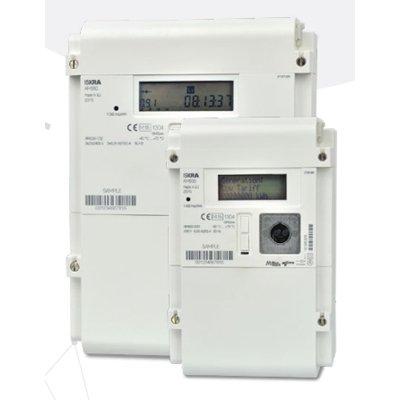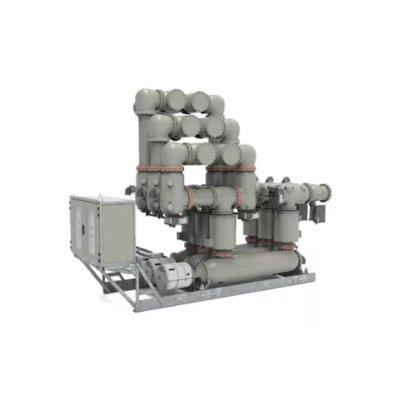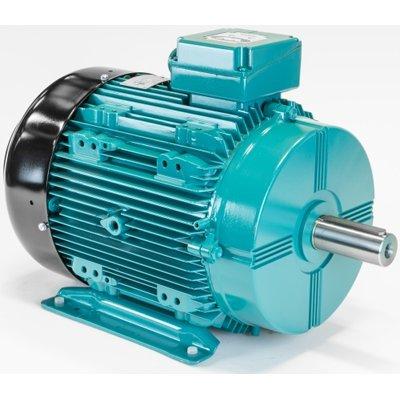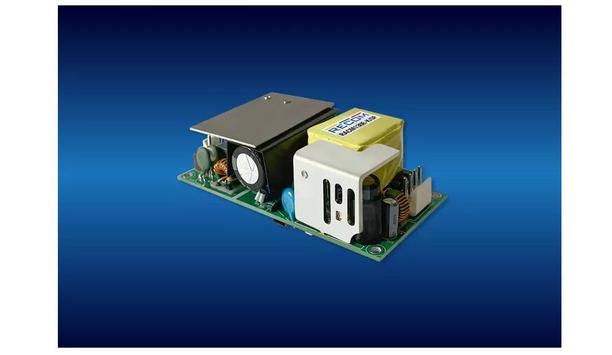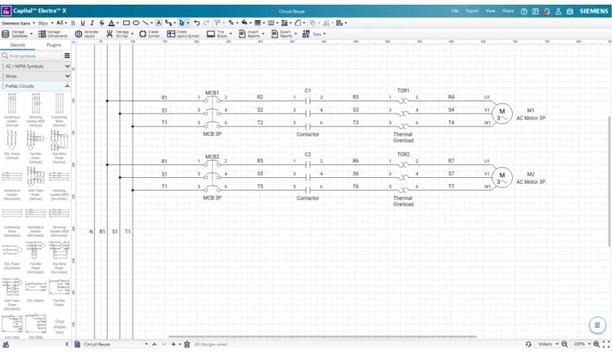Scolmore continues to build its portfolio of products and solutions dedicated to healthcare settings, with the introduction of a range of Equipotential Bonding Busbars (EBBs).
In accordance with the Requirements for Electrical Installations BS 7671:2018 AMD2 Section 710 (Medical Locations) and the Health Technical Memorandum HTM06 01:2017, all Group 1 and 2 Medical Locations are to have an Equipotential Bonding Busbar (EBB) and associated supplementary protective equipotential bonding installed.
Equipotential Bonding Busbar (EBB)
The Equipotential Bonding Busbar (EBB) plays a major role in ensuring patient and clinician safety
The Equipotential Bonding Busbar (EBB) plays a major role in ensuring patient and clinician safety, as a key component of the supplementary protective equipotential bonding system, which is designed to substantially reduce touch voltages between exposed and extraneous conductive parts located within or that may be moved into the patient environment of Group 1 and 2 medical locations.
EBBs are installed within or immediately outside the medical locations they serve. An informative guide to a medical locations group classification is provided within BS 7671 on page 287 (Annexe A710).
BS 7671:2018 AMD2 Section 710
The particular requirements of BS 7671:2018 AMD2 Section 710 apply to patient healthcare facilities, such as hospitals, private clinics, medical and dental practices, healthcare centers and dedicated medical rooms in the workplace, in order to provide for the safety of patients and medical staff. Where applicable, the requirements can also be used in veterinary clinics.
The product development team at Scolmore identified the need for an Equipotential Bonding Busbar that offered a simple design, with an easy to terminate layout and featured the right number of terminations for their applications within different medical locations.
18-connection Type 1 EBB and 40-connection Type 2 EBB
The result is the launch of an 18-connection Type 1 EBB and 40-connection Type 2 EBB
The result is the launch of an 18-connection Type 1 EBB and 40-connection Type 2 EBB. In keeping with Amendment 2 of the 18th edition (BS 7671:2018+A2:2022) requirement for infection control, the EEBs are supplied with a smooth, flat, one-piece lid with semi recessed cover screws and rounded corners that provides an easy to clean surface.
Scolmore has also added Supplementary Equipotential Bonding Connection Points to the range. They are supplied in the Click Mode antimicrobial plate and are available in 1- and 2-gang plates.
Key features and benefits of Scolmore Equipotential Bonding Busbar (EBB) include:
- Meeting the latest BS 7671 18th edition electrical installation regulations - Amendment 2 infection control requirement.
- Tested to BS 61439-1.
- Suitability for use in any medical environments.
- Ease and speed of installation – All connection terminals are adequately spaced to ensure they are clearly visible, and each terminal is identified by a number laser etched on the base adjacent to the terminal.
- High quality finish with a sturdy metal box design.
- Smooth cover designed with infection control in mind.
- Available in recessed or surface mounted design, with a maximum depth of 62 mm on all models, so as to ensure they can be flush fitted within standard depth walls.
- Supplied with a supplementary bonding conductor termination chart that can be contained within the lid for convenience, as now required by Amendment 2.
Scolmore’s updated Medical Solutions brochure
These latest additions are featured in Scolmore’s updated Medical Solutions brochure, which includes Mode antimicrobial and antiviral certified switches and sockets; blue ‘Medical Equipment Only’ sockets; GridPro red switch modules; red and green outboard rocker switched socket outlets; key lockable switches and sockets; locating sockets and the Part M visually contrasting wiring accessories.
